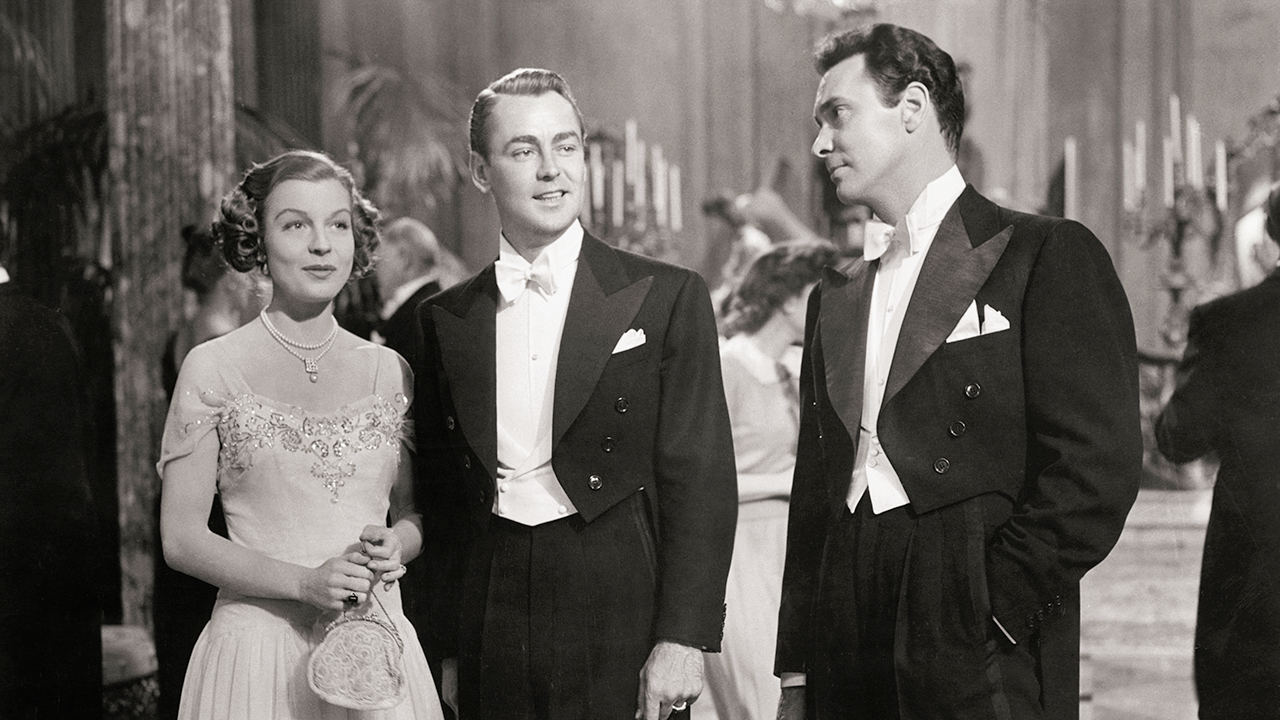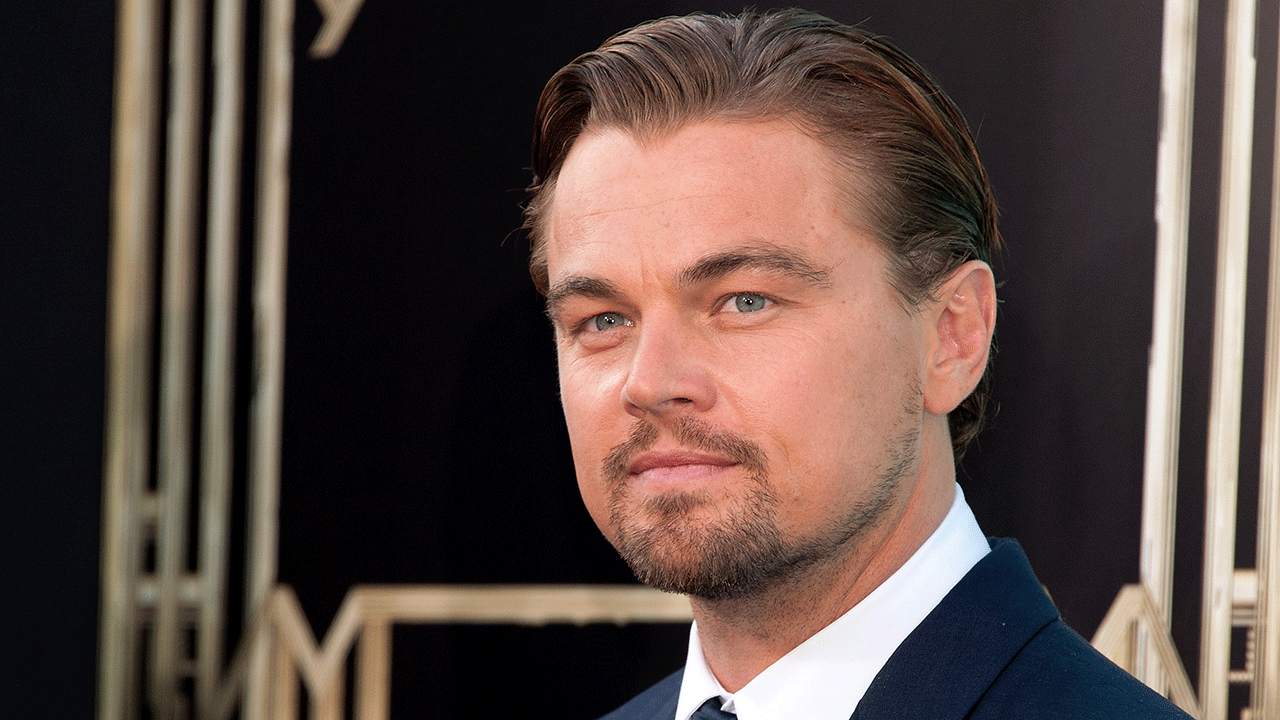“The Great Gatsby” is a timeless piece of literature by F. Scott Fitzgerald that generations have read since it was first published in 1925.
The book is set during the Jazz Age on Long Island. The story is told from the eyes of Nick Carraway, a new resident of Long Island, more specifically the West Egg.
Carraway becomes intrigued by his wealthy neighbor, Jay Gatsby. Gatsby is the host of extravagant parties thrown at his beautiful estate. Carraway quickly becomes encompassed in Gatsby’s lavish lifestyle after being invited to one of his events. He also becomes intertwined with Gatsby’s love life, when he learns of Gatsby’s infatuation with the breathtaking Daisy Buchanan. Buchanan is a married woman, and cousin to Carraway.
18 MUST-READ CLASSIC BOOKS THAT HAVE REMAINED POPULAR YEARS AFTER THEIR ORIGINAL PUBLICATION
“The Great Gatsby” was first published by F. Scott Fitzgerald in 1925. (Oli Scarff/Getty Images)
Fitzgerald’s writing is vividly descriptive, allowing readers to easily imagine the details of each scene as it plays out on every page.
Since the book was first published, there have been four movies made, as well as several made-for-television variations. Each adaptation tells its own story, while keeping major events generally similar to the book. Each of the movies will give some variation of the classic, but of course, the 1925 novel is where you’ll be able to really delve deep into each of the characters and events.
1926, “The Great Gatsby”
The very first movie made from the novel was aptly titled “The Great Gatsby” and was filmed just one year after the book was published. This version was a silent film starring Warner Baxter, Lois Wilson and William Powell.
Unfortunately, viewers are unable to watch this adaptation, as there are no known copies to exist. The only look into this piece of this film is a short one-minute trailer.
1949, “The Great Gatsby”
The 1949 version of “The Great Gatsby” book was a fairly low-budget production made by Paramount Pictures.
A LOOK AT THE 3 ‘CHARLIE AND THE CHOCOLATE FACTORY’ FILMS CREATED SINCE THE 1964 BOOK BY ROALD DAHL

Alan Ladd stepped into the role of Jay Gatsby in the 1949 rendition of the classic book. (Getty Images )
The movie was directed by Elliott Nugent and starred actor and producer Alan Ladd as Gatsby, American actress Betty Field as Buchanan and American actor Macdonald Carey as Carraway.
One of the greatest differences between this movie and the original book is the portrayal of Gatsby himself. This movie takes a large interest in the criminal activity of Gatsby and the dark secrets he hides, which leaves the main plotline to fall around that.
1974, “The Great Gatsby”
The first big-budget production of “The Great Gatsby” was in 1974. For many, when asked which is the best movie version, the debate among viewers is typically between this adaptation and the latest version of the film released in 2013.
11 MOVIE ADAPTATIONS OF BESTSELLING BOOKS
Sam Waterston played Nick Carraway and Robert Redford played Jay Gatsby in the 1974 movie. (CBS via Getty Images)
American film director Francis Ford Coppola wrote the screenplay for this particular adaptation. Just before, he co-wrote and directed “The Godfather.”
Academy Award winner Robert Redford takes on the role of Gatsby in this film. “Law & Order” actor Sam Waterston plays Carraway and “Rosemary’s Baby” actress Mia Farrow acts as Buchanan.
2013, “The Great Gatsby”
While the first three adaptations of “The Great Gatsby” may be unfamiliar to some, the latest version stars Hollywood A-listers and production of the film is much more modern.
The 2013 movie was directed by Baz Luhrmann and stars Golden Globe winner Leonardo DiCaprio as Gatsby, “Spider-Man” actor Tobey MaGuire as Carraway and “Saltburn” actress Carey Mulligan as Buchanan.
The movie has numerous memorable scenes, specifically when Carraway attends a Gatsby party. The big screen is filled with eccentric attire, bright, colorful decorations, a large, Vegas-style swimming pool and a modern touch to the music played.
Here, Gatsby introduces himself to an intrigued Carraway for the first time. As the mysterious millionaire says his name and holds up his glass, fireworks explode behind him.
CLICK HERE TO GET THE FOX NEWS APP

That latest film adaptation of the book came out in 2013, with Leonardo DiCaprio playing Jay Gatsby. (D Dipasupil/FilmMagic)
One interesting variation of this Gatsby movie to the novel is the way in which the story is told. In both the 2013 movie and 1925 book, Carraway serves as the narrator. In the movie, Carraway is telling the story to a therapist from an institution, where his file describes him as being “morbidly alcoholic,” an “insomniac,” experiencing “fits of anger” and having “anxiety,” a concept that is not pulled from the book.